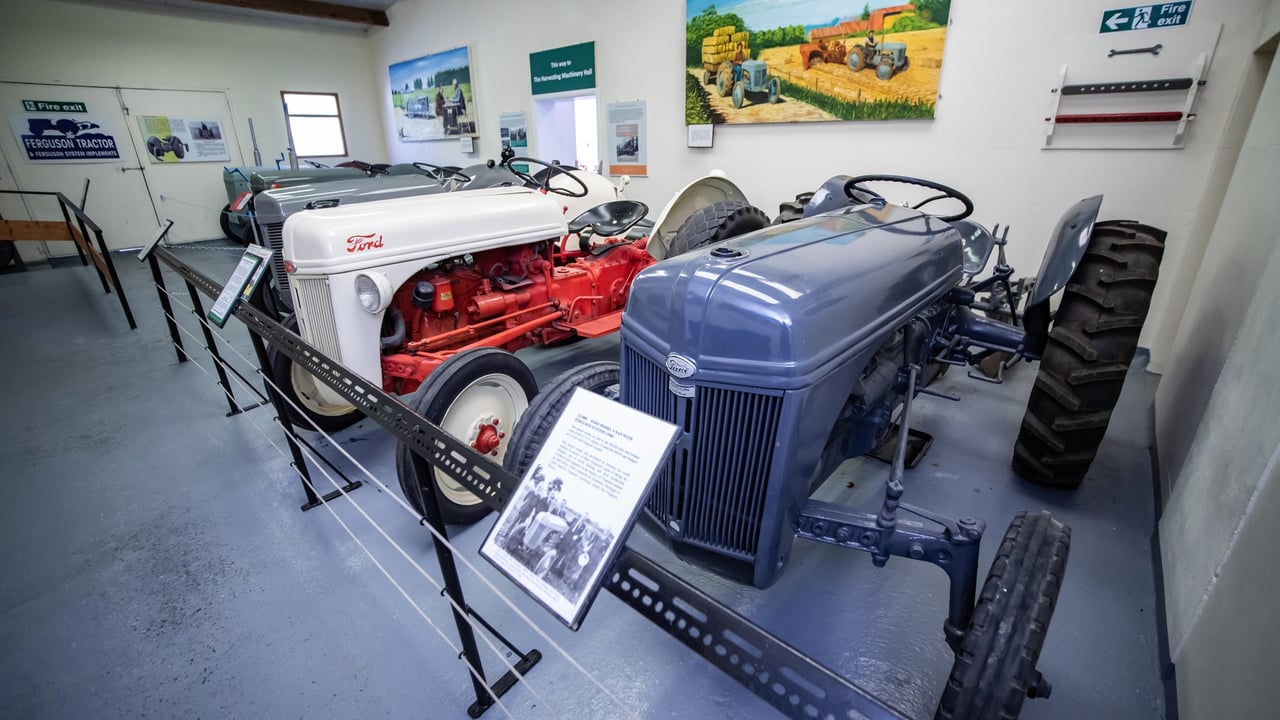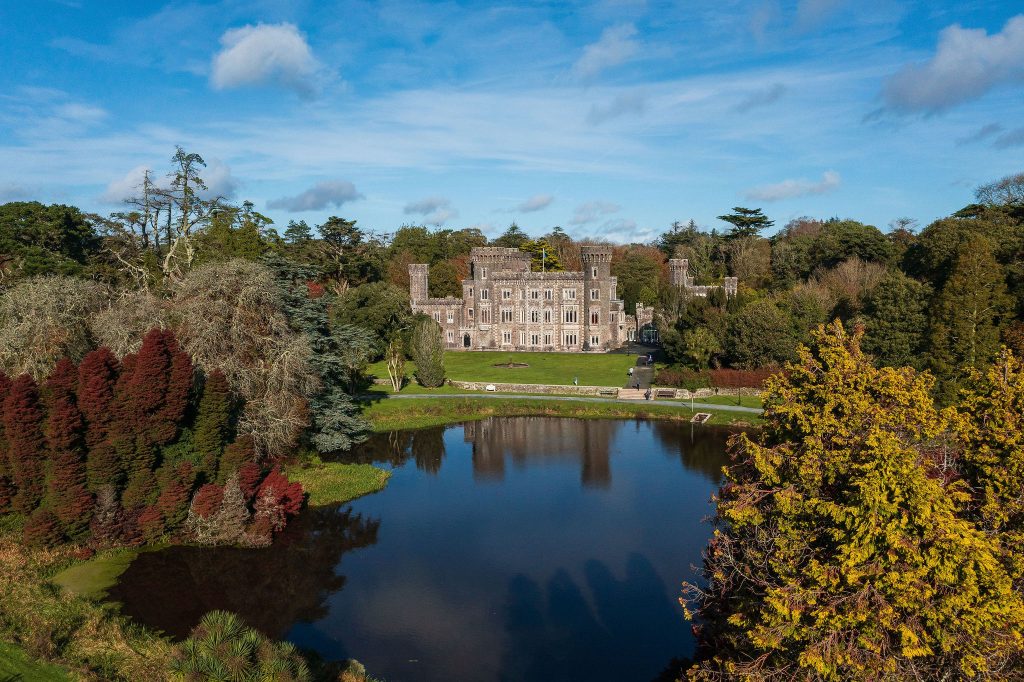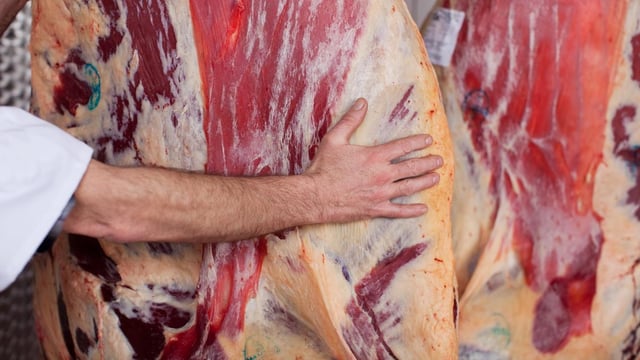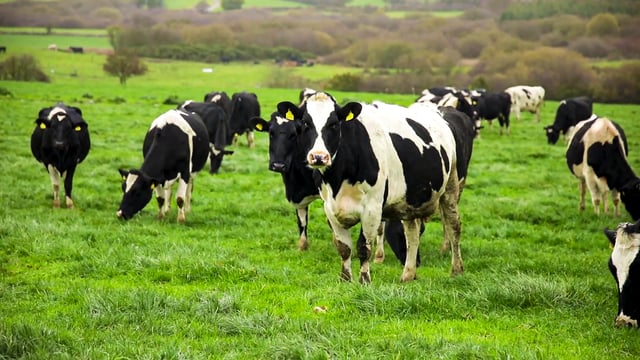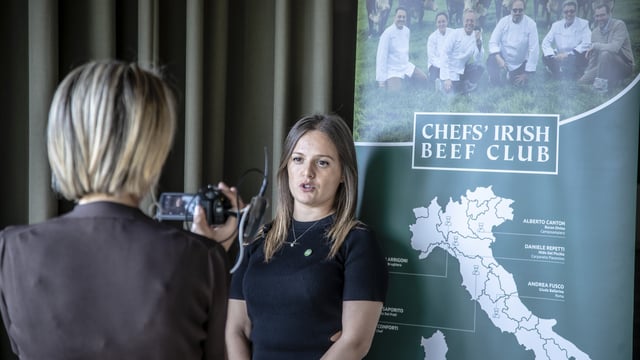Irish soil testing device donated to new UN agriculture museum
A soil testing device from the Irish Agricultural Museum in Co. Wexford has been donated to the new Food and Agriculture Museum in Rome.
The museum is being launched today (Thursday, October 16) to coincide with the 80th anniversary of the United Nations (UN) Food and Agriculture Organization (FAO) and World Food Day.
The permanent, interactive space is dedicated to global food systems, cultural traditions, and sustainable agriculture.
It is also designed as a hub for education, collaboration, and dialogue on the future of food and farming.
Soil testing device
The Irish soil testing device donated to the new museum is made of steel and was designed in the 1960s by Johnstown Castle technician Pat Hayes with soil researcher Dr. Austin O’Sullivan, who later founded the Irish Agricultural Museum.
Their modified version was more efficient at collecting uniform soil samples and was soon adopted across Ireland.
The Irish Agricultural Museum said that Ireland’s history makes the donation of a soil testing device particularly meaningful.
Following famines in the 19th century, the museum said that Irish agriculture faced decades of poor soil health due to overuse and a lack of crop rotation.
In response, the Irish State prioritised soil science in the mid-20th century.
Following the handing over of Johnstown Castle to the State by descendants of the FitzGerald family in 1945, the National Soils Laboratory was established in the castle.
This led to nationwide soil mapping and nutrient testing being carried out from the 1940s.
During the 1960s, researchers used soil testing devices to collect samples from farms across Ireland.
This service for farmers provided essential knowledge that helped to transform Irish agriculture, improving soil quality and increasing crop yields.
Today, soil testing devices allow researchers and farmers to assess nutrient levels and soil health, which are cornerstones of resilient food production and food security.
Museum
Matt Wheeler, general manager and curator of the Irish Agricultural Museum at Johnstown Castle said they were proud to contribute an item of historical importance to the museum.
"This soil testing device stands as a symbol of Ireland’s scientific innovation and its commitment to sustainable farming.
"It tells the story of Ireland’s journey from famine to scientific innovation in agriculture.
"In addition, it represents the vital role soil plays in sustaining farming and food production for communities worldwide," he said.
Wheeler said for it was an "honour" for the Johnstown Castle team to see "Ireland’s agricultural heritage represented on such an international stage".
"We are grateful to the Department of Agriculture, Food and the Marine (DAFM) for its support and for approaching our museum about this important donation,” he added.

